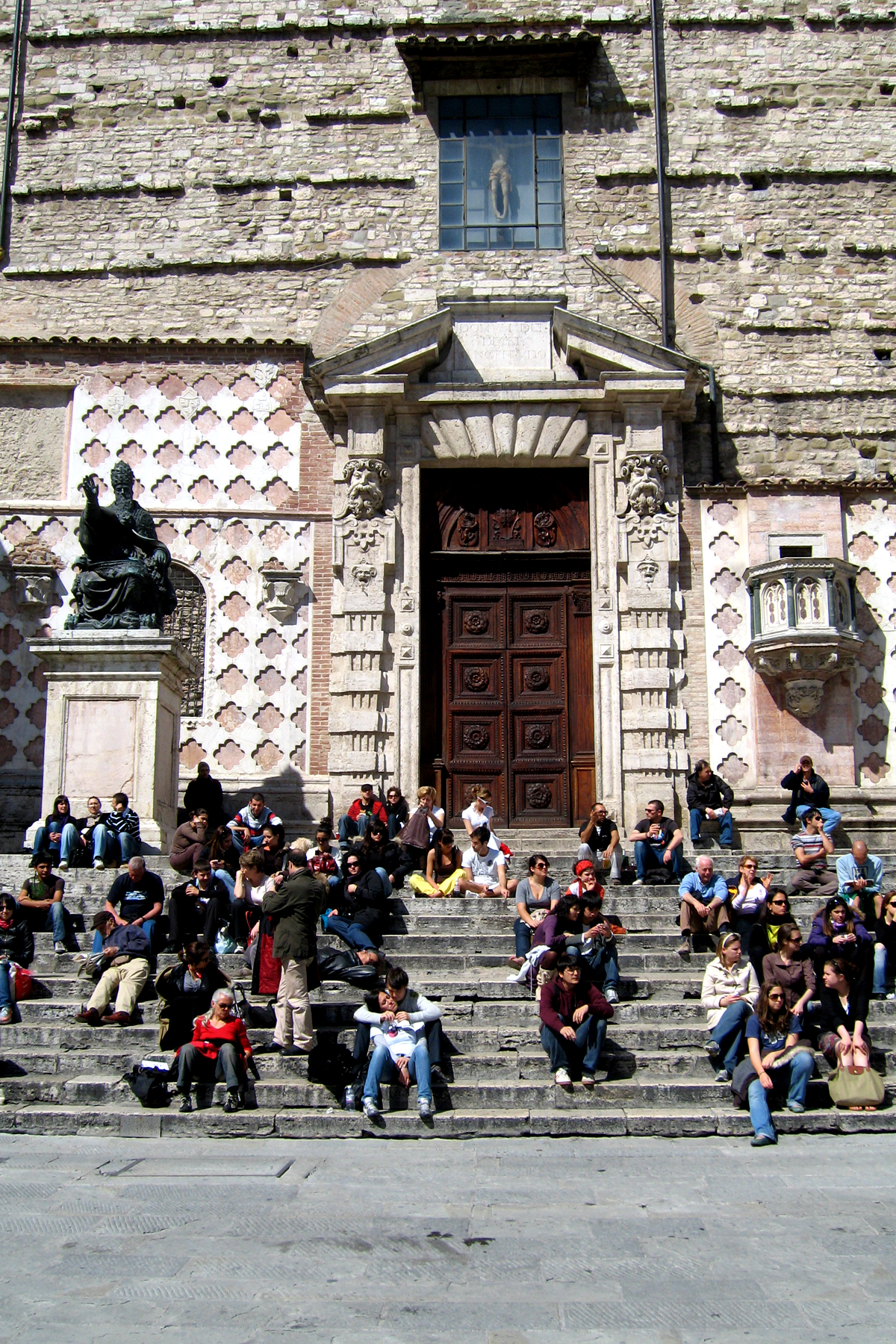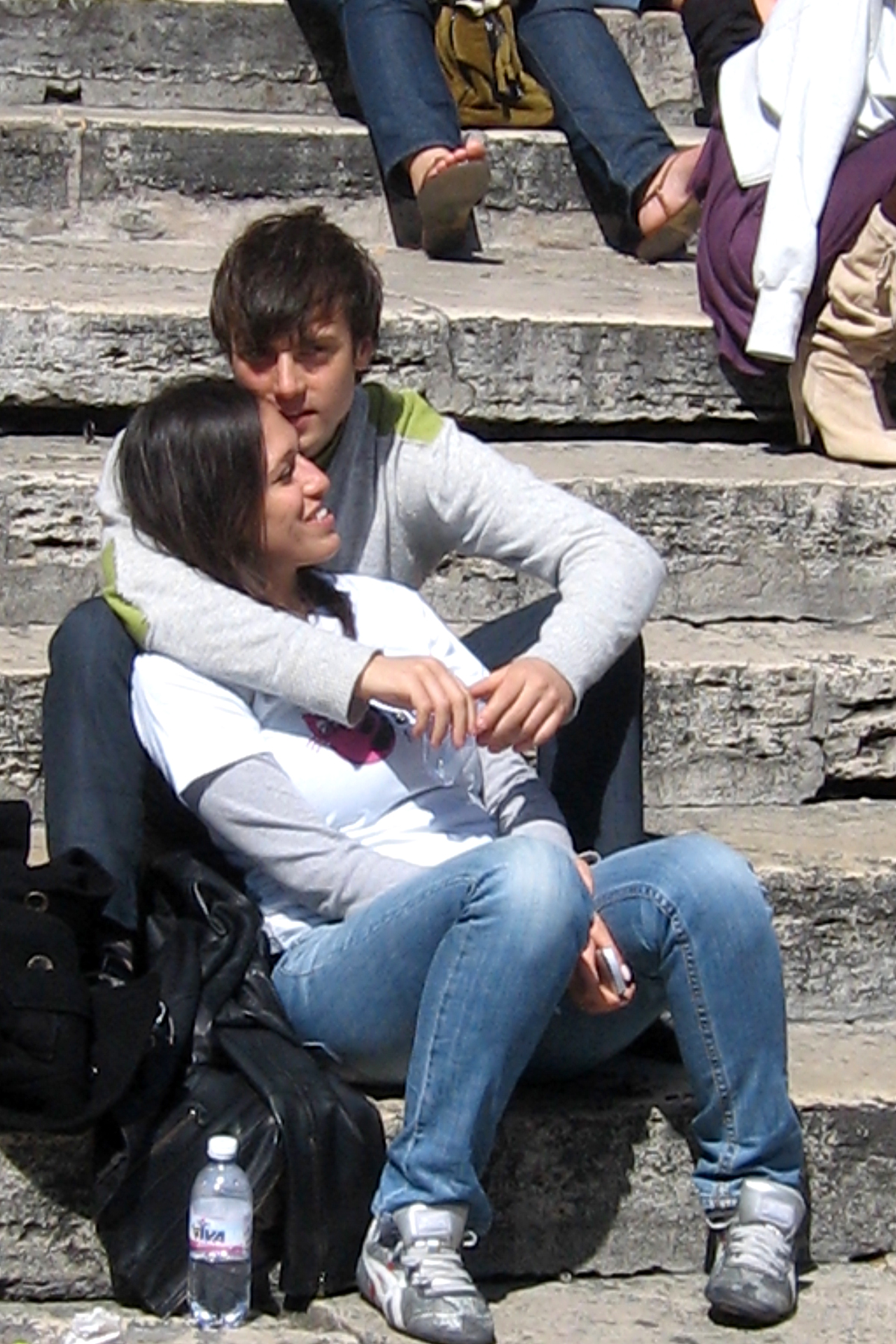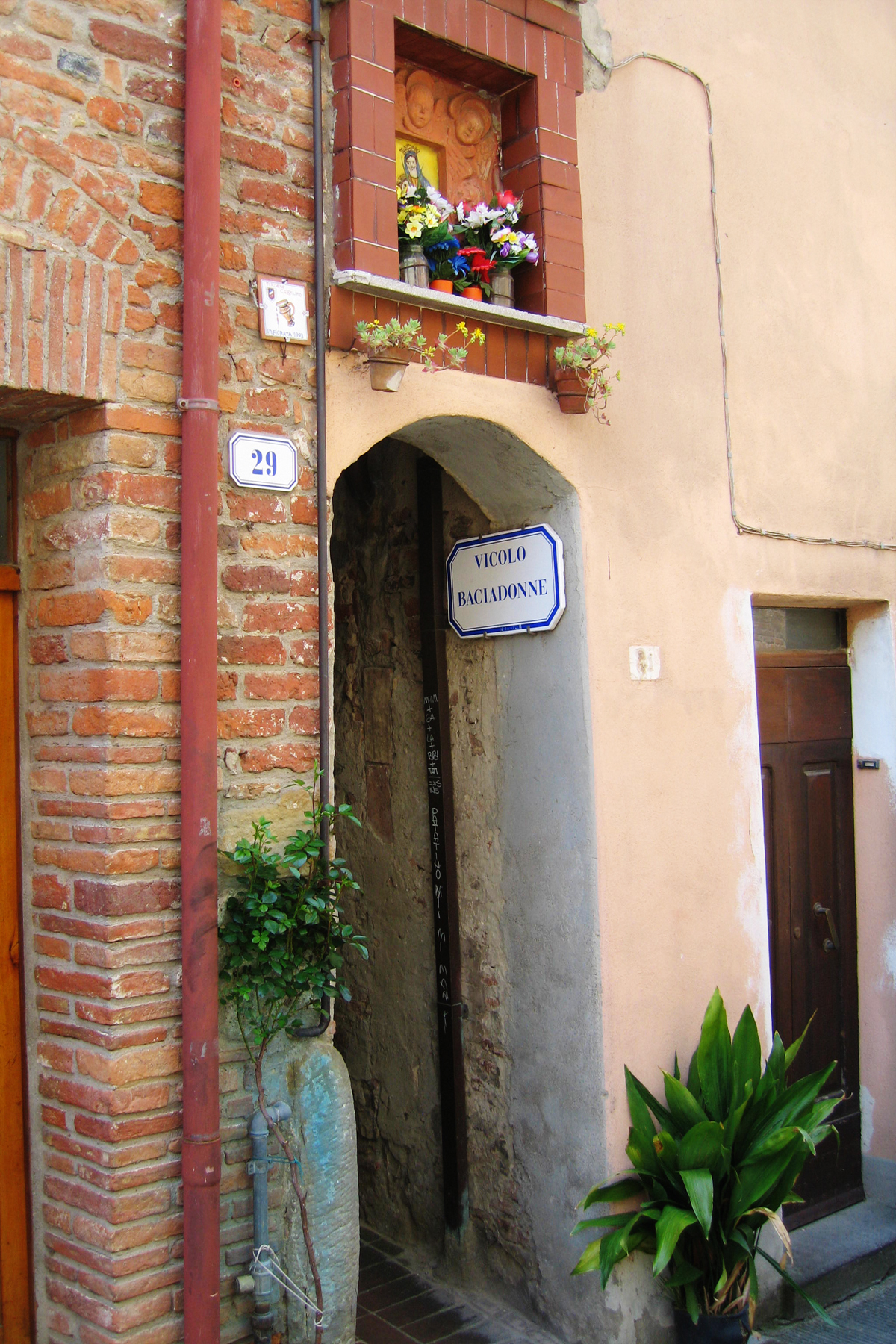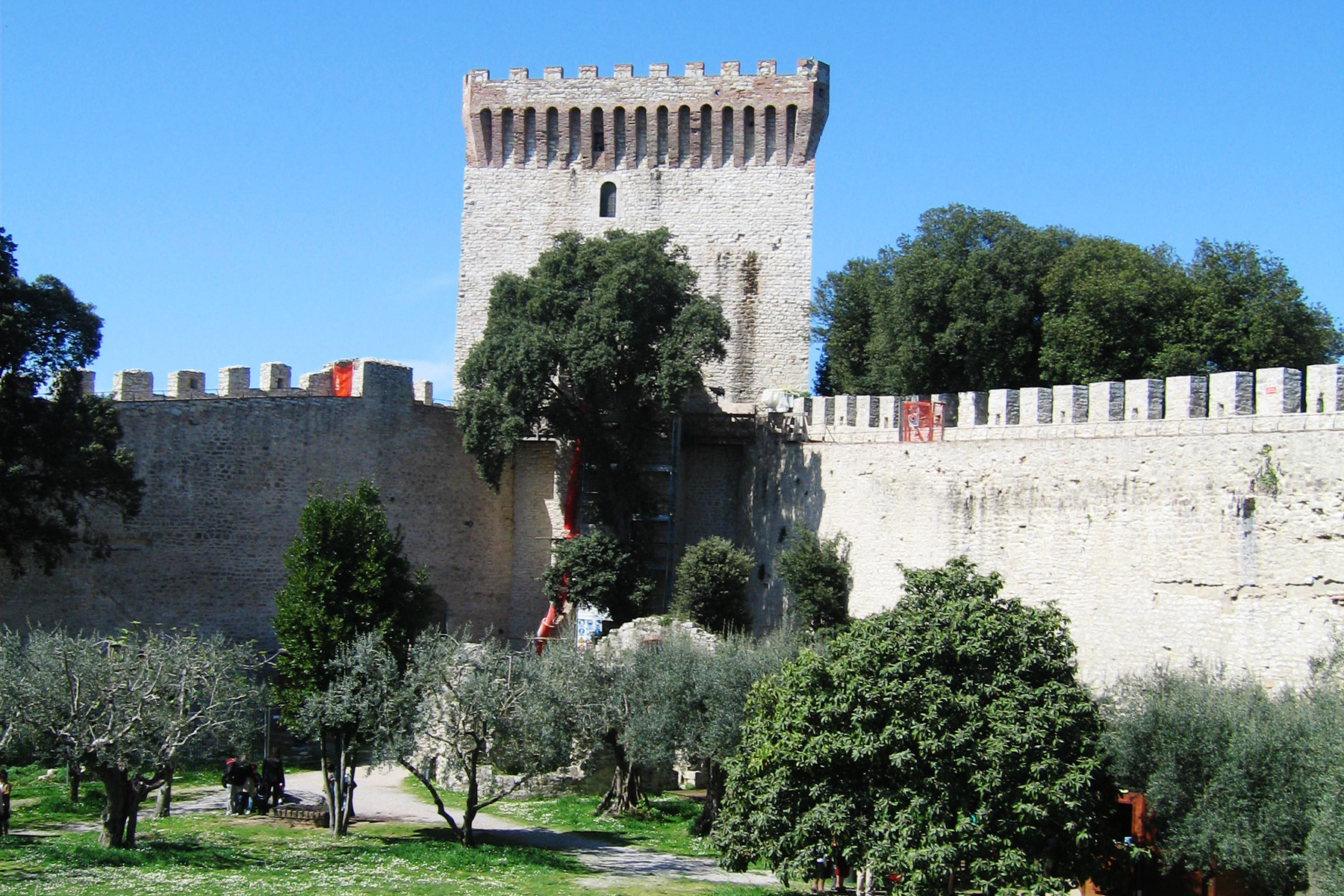It was late in the afternoon when I got the phone call. “I’m in a bit of a situation,” said the bright young man on the other end of the line.
“What kind of a situation?” I nervously asked.
“Hard to explain, really. Plus I’m at a pay phone in the middle of nowhere. So could you just do a Google search for me and get me a phone number and I’ll explain everything later.”
I got the number he requested and then waited for an explanation of “the situation.” Which didn’t come for days. At which point there were so many people who wanted to know what had happened that the young man, who writes programming code for a company in the Bay Area, decided to explain himself through serialized tweets on Twitter. So while I could probably write about “the situation” myself, I thought it would be more interesting to just reprint the tweets (which are still coming in) because I think it makes for a more interesting story. As you know, tweets are 140 characters or less. So reading this is really almost like reading a series of related haikus. Or an epic poem.
If you’d rather read them as they came in, as tweets, you can catch the whole whacky story at: http://twitter.com/OriginalMaxican.
This is a story about camping, animals, boredom, and auto repair.
I met up with Sam on Sunday night for some skiing and hiking in Mineral King the following day.
If you’ve never been, Mineral King is an exceptional alpine valley located in the southern part of Sequoia NP.
Rimmed by high peaks and lake basins, it’s reached via a 25 mile, one lane, barely maintained road.
We drove up the valley in the morning. The snow line was really high so we left the skis in the car and started walking toward Sawtooth.
A thunderstorm rolled in and we were pelted by marble-sized hail stones. We walked up snow fields in a thick fog.
We figured we must be near Monarch Lake, but couldn’t see anything. Then the fog cleared briefly, and we were sitting next to the lake.
At this point we decided to call it a day as it was getting late and visibility was so poor.
The sky cleared a bit and the valley teemed with wildlife coming out to feed. Deer, hare, marmots, and raptors abounded.
Back at the car, I was taking my boots off when I heard a strange noise coming from under the hood.
“It’s just your engine cooling off,” Sam assured me. I wasn’t so sure. We’d been out for six hours, and it was pretty cold.
I heard the noise again and began to worry as I considered the possibilities. The area has a lot of rodents.
I popped the hood, and tangled in the hoses and wires was a yellow-bellied marmot, the size of a large cat, his glossy hair shimmering.
And he’s looking at me, mouth agape, tongue lapping up my antifreeze, paws and mouth stained by dark fluid.
Sam and I are both screaming at this point.
The golden beast frees himself and in one leap clears the open hood, lands on the roof, and scampers off to the bushes.
Observing the chewed hoses and wires, I offered my opinion: “We’re fucked.” We had parked Sam’s car at the gate 15 miles down the road.
To be continued…






Recent Comments